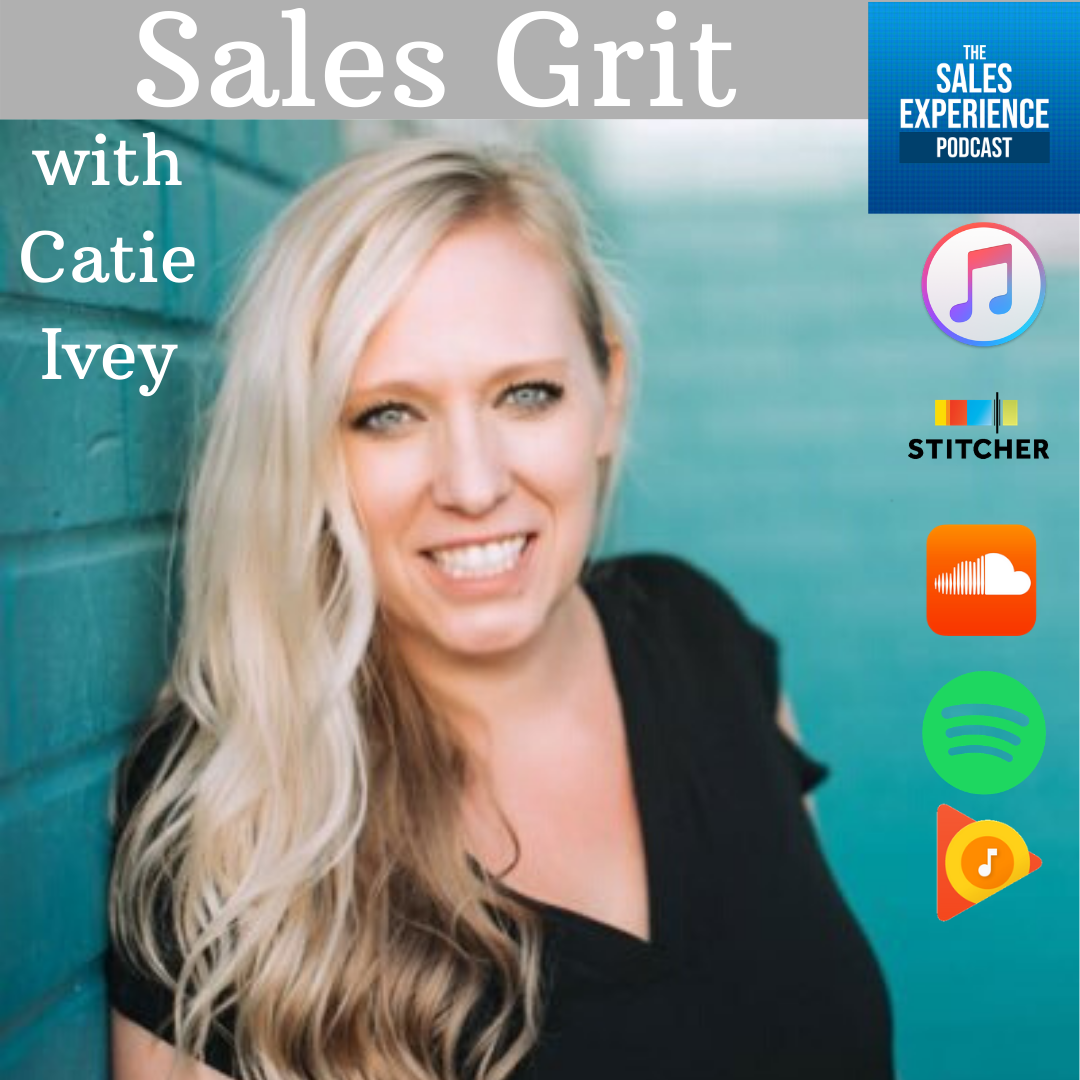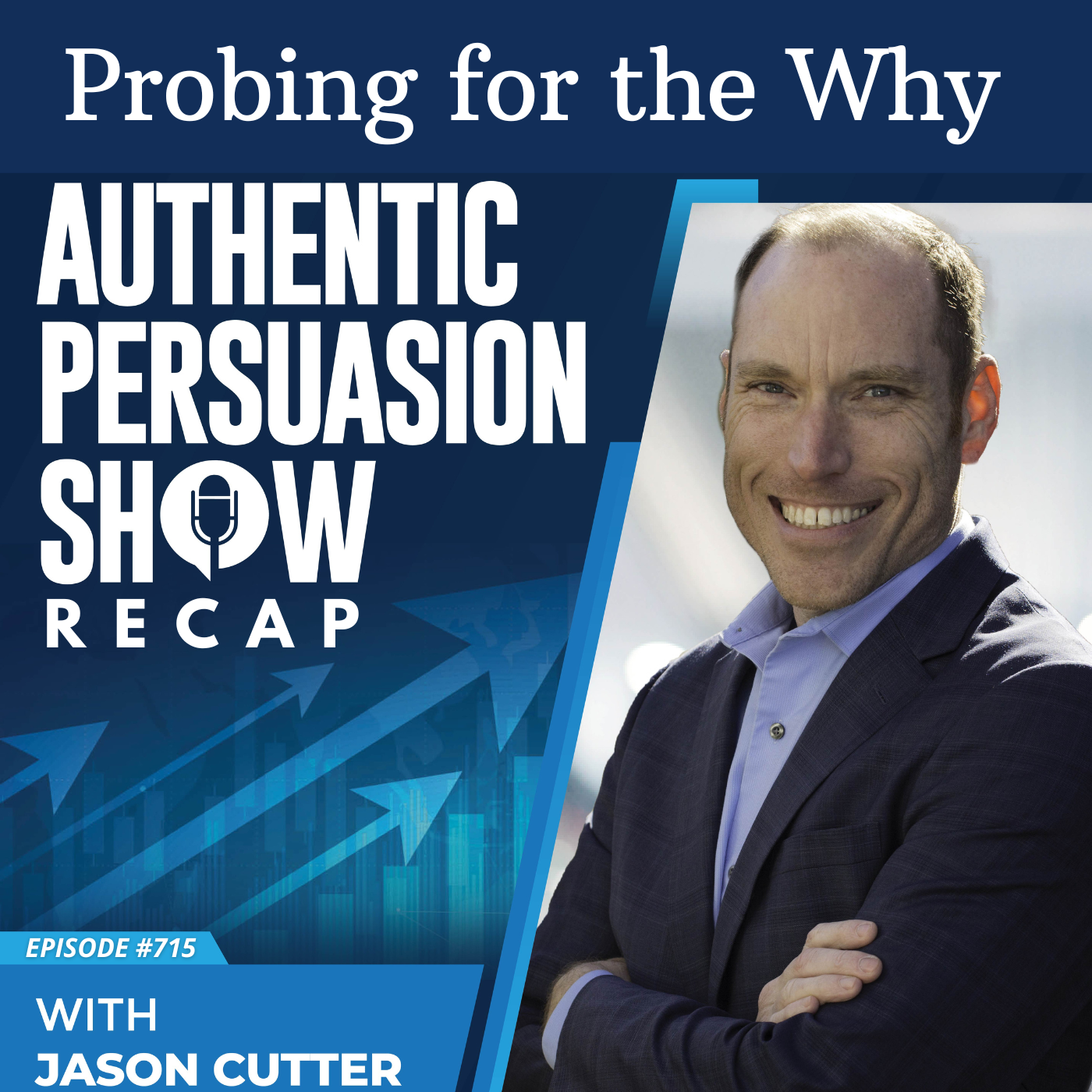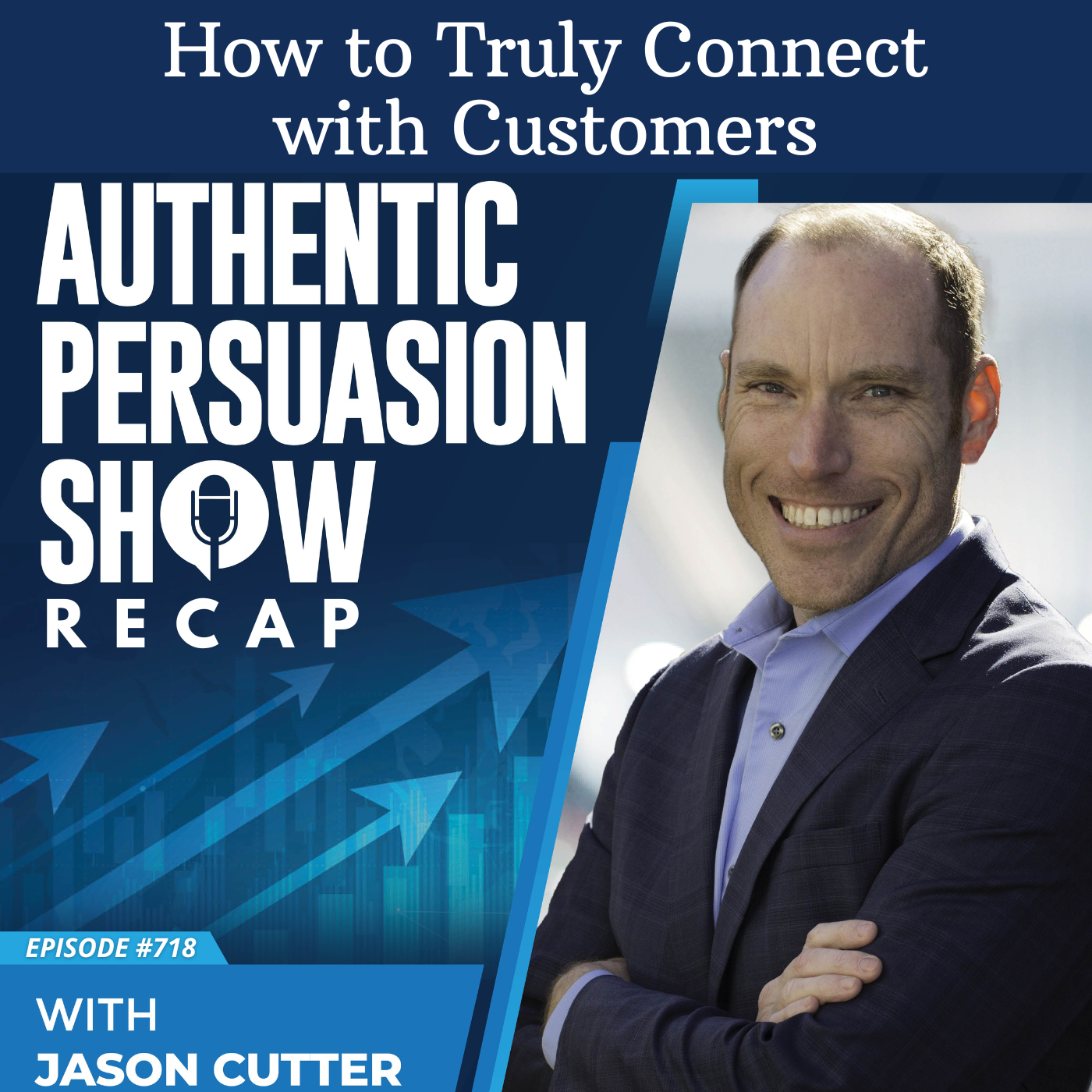Episode Transcript
[00:00:00] Speaker A: Welcome to the authentic Persuasion show. On this episode I want to replay part of a previous show. Maybe you heard the original full length episode and this could be a great refresher and reminder. Or maybe this is your first time hearing this content and the timing could be just right to help you leverage authentic persuasion today in your role, no matter what. Here's to your success.
[00:00:21] Speaker B: This is the authentic persuasion show.
I've seen that before too, when I've worked in call centers where people dealing with others in the US get to the point where it's like, okay, they're talking to someone. This is when I was running call centers in California.
[00:00:38] Speaker C: Talk to someone from the south, they.
[00:00:40] Speaker B: Hear an accent, they think, oh, that person doesn't buy. People in the south don't sign up. People in New York are such and such, right?
[00:00:47] Speaker C: People in Texas are such and such.
[00:00:48] Speaker B: And so they just prejudge and they start off the relationship that way and the conversation, right? Or people who are like this, I ask them these questions and based on.
[00:00:56] Speaker C: How they answer, then usually those people.
[00:00:59] Speaker B: Don'T sign up or they're a problem or it doesn't work.
[00:01:03] Speaker C: Then the key is that you've got.
[00:01:07] Speaker B: To not do that because you just don't know and you've got to give everyone a shot. Now here's the biggest key with that though, is you don't want to be working with someone who has no money and isn't qualified. But what you want to do is you want to ask your questions in such a way where you're determining that based on anybody you speak to, not just this individual who you're prejudging and skipping some steps, which is normally I would do this, I would do this and this. But based on what I hear or based on what I see, I'm going to jump to this question and I'm going to go right here.
[00:01:38] Speaker C: Do you even have any money to.
[00:01:40] Speaker B: Be able to sign up for this? Right.
And the key is that that doesn't work when you jump into that. One of the problems with that is that you're now starting the relationship off wrong. Right. People on the other side can feel that prejudgment of like, okay, so you don't think I can qualify? You're just asking me that. And now that you've asked me that, it's triggered me to realize you are a self centered salesperson who only sees me as a target and yourself as earning a commission. And you just want to know if it's worth your time or not, right? And now, I promise that relationship is off to a bad foot, even if that person says, yeah, I've got money, I'm willing to buy in their mind, because I've been that customer many times, and I'm seeing some chats here coming up from Tommy and Greg and Ryan about doing that in sales. And I've been that customer many times.
[00:02:34] Speaker C: Where I feel that I'm just like, this is gross.
[00:02:39] Speaker B: Yes, I have money. Yes, I have the intent to buy. And no, I don't want to deal.
[00:02:43] Speaker C: With you, because now you just played.
[00:02:44] Speaker B: Your cards by prejudging. And so the big key is to not prejudge. It's so tough, because if you've done it again for any length of time, you've desensitized yourself to the process that worked, which is asking questions, open ended questions, like Greg Siegel said on LinkedIn, and just going through your process, no matter what, and treating everybody the same and looking to help anybody who qualifies. Now, what is the trade off?
[00:03:12] Speaker C: There's always a trade off in life.
[00:03:14] Speaker B: So if you prejudge, you're going to save some time, because you're not going to deal with the tire kickers, the people who would never buy.
[00:03:21] Speaker C: Right?
[00:03:21] Speaker B: So you're going to save some time. The problem is you might miss some opportunities. You probably will miss some opportunities, and.
[00:03:28] Speaker C: That'S not good, especially if you need.
[00:03:32] Speaker B: Every opportunity, every chance to be successful. And the case is pretty much yes, unless you have your own inbound lead source. Every opportunity, anybody you can talk to, you want to give them all of your efforts. So the trade off and the benefit of prejudging is you just kick some people to the curb, but you're missing out on opportunities. And depending on where you work and what you do, management will not be as happy with your prejudging and kicking people to the side as you are or as you think they are, because as a business, they're spending money to drive that traffic or open those conversations. Even if it's a car dealership, they're running the ads, they're doing the promotion, they're buying the giant inflatable gorilla that stands out in the street.
[00:04:17] Speaker C: Right?
[00:04:17] Speaker B: Like they're doing the things to get people to stop at their dealership instead of others. And if you're just prejudging and not helping the people you could have helped, management is going to be pissed.
[00:04:27] Speaker C: Right?
[00:04:28] Speaker B: And I've generally been a call center person, which means we're paying for leads. We're buying that phone call to get to us. And if you're not going to put.
[00:04:36] Speaker C: In the full effort, you and I.
[00:04:38] Speaker B: Are going to have a problem because at some point, I'm not going to tolerate you just kicking people to the curb. That could have been a good client because you were too much in the zone of prejudging. And so that's the big thing.
[00:04:52] Speaker C: So, yes, there's a trail.
[00:04:53] Speaker B: Now, if you don't prejudge, if you accept all people and you go through your process and follow that process no matter what and ask your questions and treat everyone the same, right. Turn off the blinders of hearing this accent or seeing this person that looks like this or seeing the scenario.
[00:05:09] Speaker C: Right. Like every time I deal with someone.
[00:05:13] Speaker B: In their 20s who still lives at home, they never buy from me. Well, that's the thing, is that maybe they will. Maybe it's a numbers game just because it didn't work the last five times. Maybe the next 25 year old who.
[00:05:24] Speaker C: Still lives at home will buy from you.
[00:05:26] Speaker B: Maybe they will be the client.
[00:05:28] Speaker C: So the key is give that a.
[00:05:30] Speaker B: Shot every single time.
[00:05:32] Speaker C: Follow your process.
![[739] Embrace Open-Minded Sales Strategies](https://episodes.castos.com/salesexperiencepodcast/images/1692687/c1a-4d8w-zo7xxxr5bjrr-fna6zz.png)


